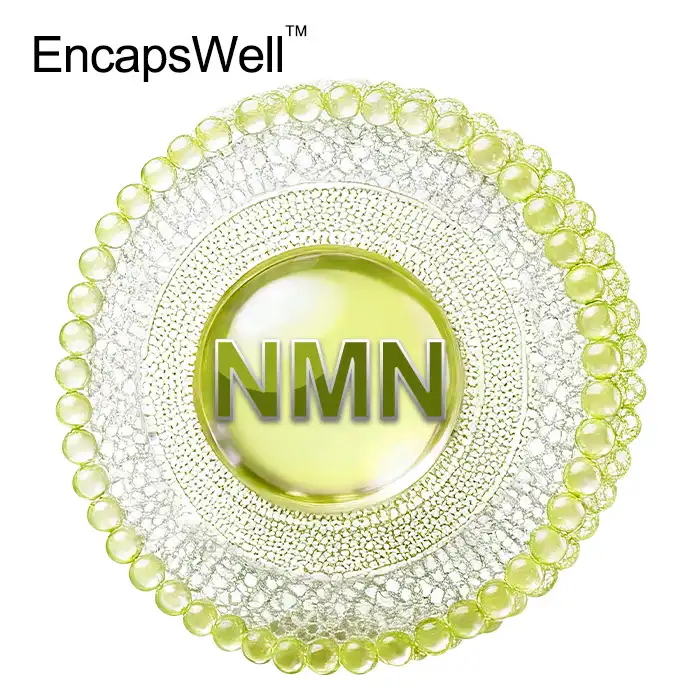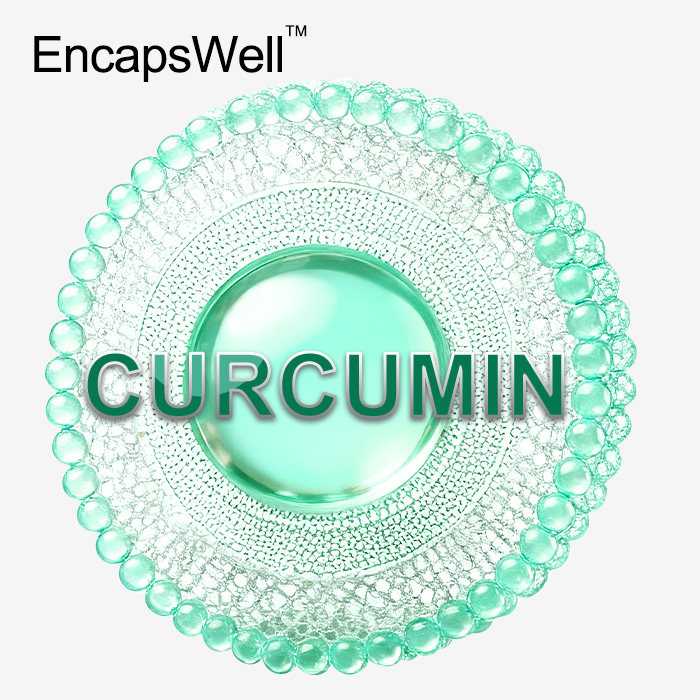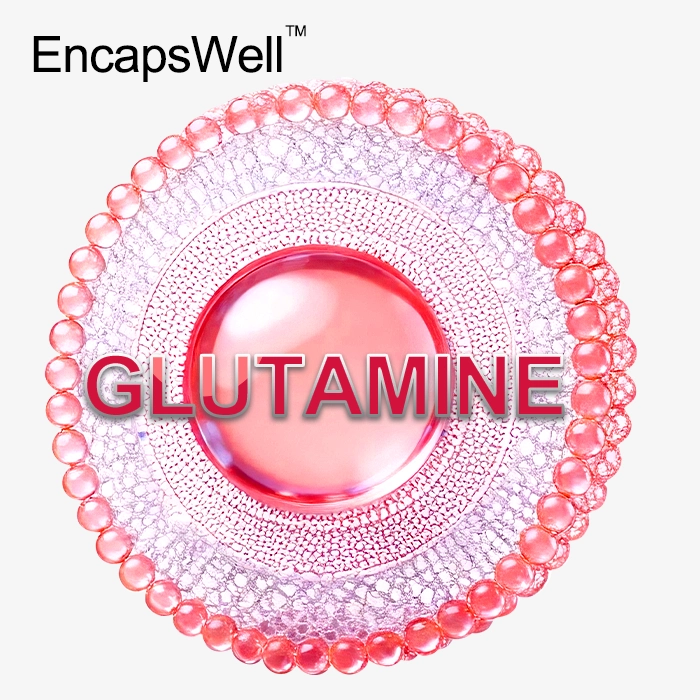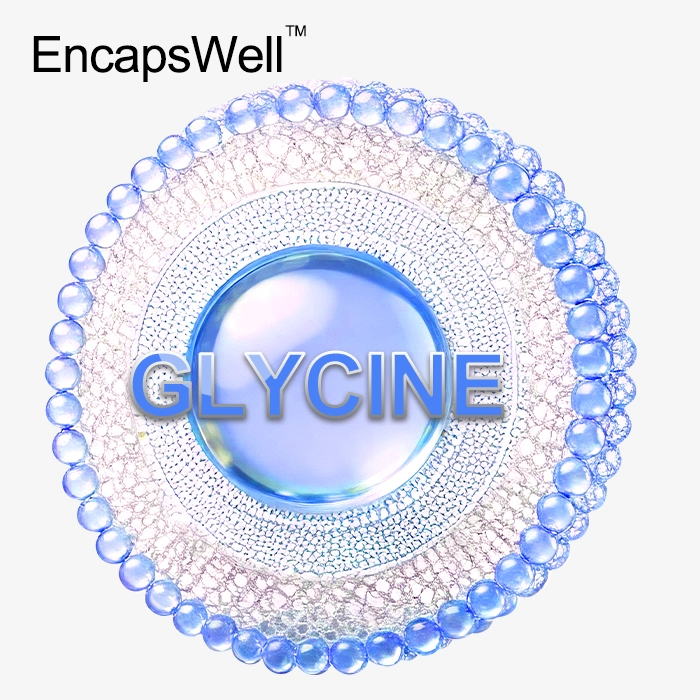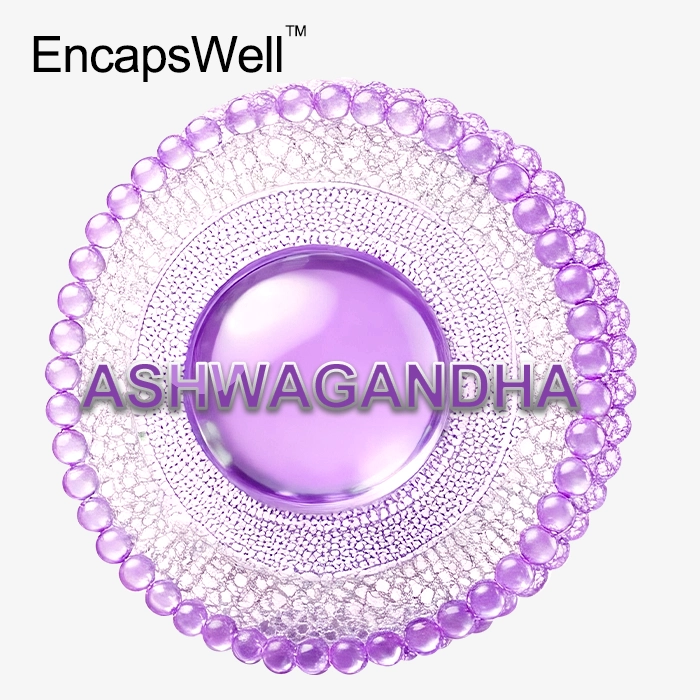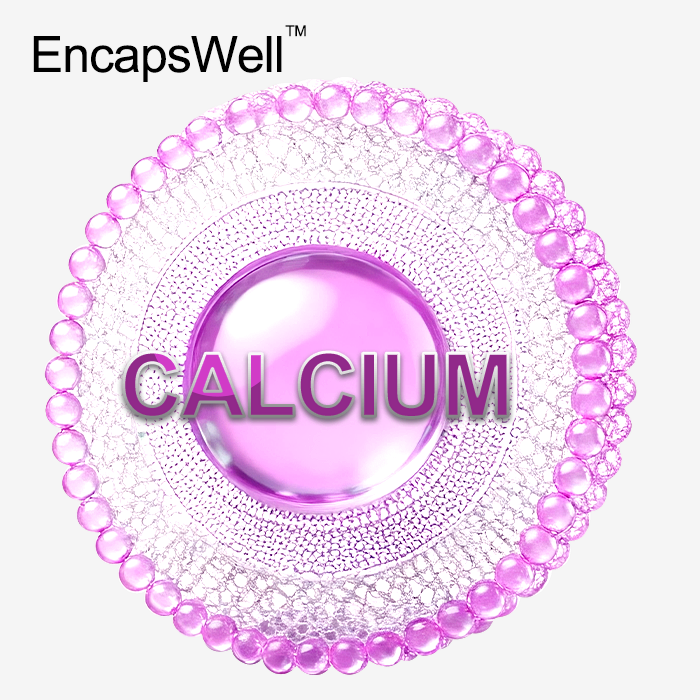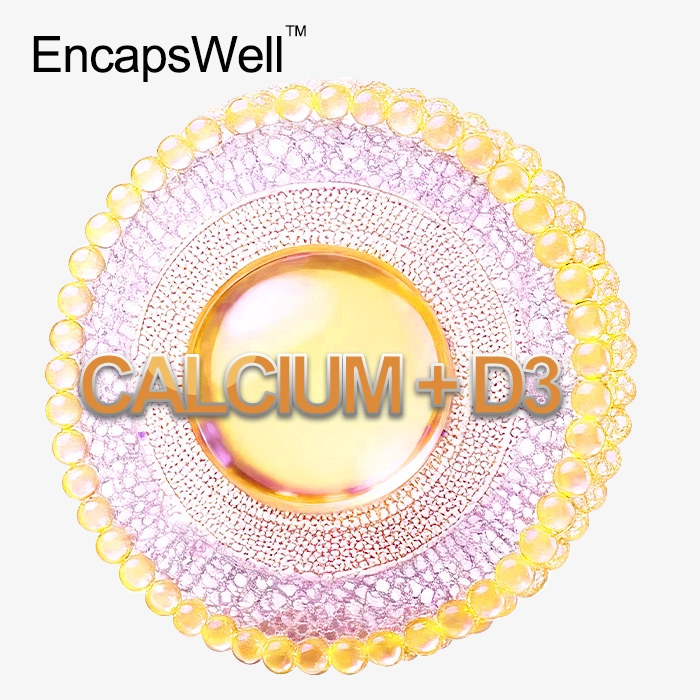What Makes Liposomal Encapsulation Superior in Nutrient Delivery
The Science Behind Liposomal Technology
Liposomal encapsulation represents a groundbreaking advancement in nutrient delivery systems. This innovative technology involves encasing bioactive compounds, such as resveratrol, within phospholipid bilayers. These microscopic vesicles, known as liposomes, closely resemble the structure of cell membranes, allowing for seamless integration and enhanced absorption within the body.
The brilliance of liposomal technology lies in its ability to overcome common barriers to nutrient absorption. By shielding resveratrol from harsh digestive enzymes and stomach acids, liposomes ensure that a higher percentage of the active compound reaches its intended cellular targets. This protective mechanism significantly reduces the degradation of resveratrol during its journey through the gastrointestinal tract.
Enhanced Cellular Uptake and Bioavailability
One of the most compelling advantages of liposomal resveratrol powder is its remarkable improvement in cellular uptake. The lipid-based structure of liposomes facilitates effortless passage through cell membranes, delivering resveratrol directly into the cytoplasm. This direct delivery mechanism bypasses many of the limitations associated with conventional resveratrol absorption, which often struggles to penetrate cellular barriers effectively.
Studies have demonstrated that liposomal encapsulation can increase the bioavailability of resveratrol by several folds compared to its non-liposomal counterparts. This enhanced bioavailability translates to a higher concentration of active resveratrol reaching systemic circulation and target tissues, potentially amplifying its therapeutic effects.
Sustained Release and Prolonged Activity
Another notable advantage of liposomal resveratrol supplements is their ability to provide sustained release of the active compound. The lipid bilayers of liposomes gradually break down, releasing resveratrol over an extended period. This controlled release mechanism helps maintain a more consistent level of resveratrol in the bloodstream, potentially prolonging its beneficial effects.
The sustained release property of liposomal formulations may also contribute to improved compliance and convenience for users. With conventional resveratrol supplements, multiple doses throughout the day might be necessary to maintain therapeutic levels. In contrast, liposomal resveratrol powder often requires less frequent administration while still delivering optimal results.
Comparative Insights into Bioavailability and Antioxidant Potency
Absorption Rates: Liposomal vs. Conventional Resveratrol
When comparing liposomal resveratrol powder to conventional forms, the difference in absorption rates is striking. Traditional resveratrol supplements face significant challenges in terms of bioavailability, with studies suggesting that as little as 1% of orally administered resveratrol may reach systemic circulation. This poor absorption is primarily due to rapid metabolism and elimination in the digestive tract.
In contrast, liposomal resveratrol formulations have demonstrated absorption rates many times higher than their conventional counterparts. Research indicates that liposomal encapsulation can increase resveratrol bioavailability by up to 20 times. This dramatic improvement in absorption means that lower doses of liposomal resveratrol may achieve comparable or superior therapeutic effects compared to higher doses of conventional resveratrol supplements.
Antioxidant Efficacy and Free Radical Scavenging
Resveratrol is renowned for its potent antioxidant properties, capable of neutralizing harmful free radicals and reducing oxidative stress in the body. The enhanced bioavailability of liposomal resveratrol powder translates directly into improved antioxidant efficacy at the cellular level.
Studies comparing the free radical scavenging capacity of liposomal and conventional resveratrol have consistently shown superior results for the liposomal form. The improved cellular uptake and distribution of liposomal resveratrol allow it to exert its antioxidant effects more efficiently, potentially offering greater protection against oxidative damage to cellular structures and DNA.
Cellular Retention and Long-term Benefits
Another crucial aspect to consider when evaluating the effectiveness of resveratrol supplementation is cellular retention. Liposomal resveratrol has demonstrated a remarkable ability to maintain higher intracellular concentrations over extended periods compared to non-liposomal forms.
This enhanced cellular retention may contribute to more sustained and profound long-term benefits. From supporting cardiovascular health to promoting longevity pathways, the prolonged presence of resveratrol within cells could amplify its diverse health-promoting effects. Additionally, the improved retention may result in more consistent outcomes and potentially reduce the frequency of supplementation required to maintain optimal resveratrol levels in the body.
Evaluating the Economic Value of Liposomal Resveratrol Supplementation
Initial Cost Considerations
At first glance, liposomal resveratrol powder often comes with a higher price tag compared to conventional resveratrol supplements. This initial cost difference can be attributed to the advanced technology and manufacturing processes involved in creating liposomal formulations. The intricate process of encapsulating resveratrol within lipid bilayers requires specialized equipment and expertise, which contributes to the overall production costs.
However, it's crucial to look beyond the upfront price and consider the broader economic implications of choosing liposomal resveratrol. The superior bioavailability and effectiveness of liposomal formulations may actually translate to better value for consumers in the long run, as we'll explore in the following sections.
Dose Efficiency and Long-term Savings
One of the most compelling economic advantages of liposomal resveratrol supplements lies in their dose efficiency. Due to the dramatically improved absorption rates, users typically require lower doses of liposomal resveratrol to achieve the same or even better results compared to conventional forms.
This increased efficiency can lead to significant long-term savings. While the initial cost per gram of liposomal resveratrol may be higher, the reduced quantity needed for effective supplementation often results in a lower overall expenditure over time. Consumers may find that a single bottle of liposomal resveratrol powder lasts considerably longer than an equivalent amount of conventional resveratrol, ultimately providing better value for money.

Health Benefits and Potential Healthcare Cost Reduction
When evaluating the economic value of liposomal resveratrol supplementation, it's essential to consider the potential long-term health benefits and their impact on healthcare costs. The enhanced bioavailability and efficacy of liposomal resveratrol may contribute to more pronounced health improvements, potentially reducing the need for additional supplements or medical interventions.
For instance, the potent antioxidant and cardiovascular benefits of resveratrol could contribute to better overall health outcomes, potentially lowering the risk of chronic diseases and associated healthcare expenses. While these long-term economic benefits are more challenging to quantify, they represent an important factor in assessing the true value of liposomal resveratrol supplementation.
Conclusion
The comparison between liposomal resveratrol powder and conventional resveratrol reveals compelling advantages for the liposomal form. With superior absorption, enhanced antioxidant potency, and improved cellular retention, liposomal resveratrol offers a more efficient and potentially more effective supplementation option. While the initial cost may be higher, the increased bioavailability and dose efficiency of liposomal formulations could lead to long-term savings and better health outcomes. As research in this field continues to evolve, liposomal resveratrol stands out as a promising advancement in the pursuit of optimal health and longevity.
FAQs
1. What is liposomal resveratrol powder?
Liposomal resveratrol powder is a form of resveratrol encapsulated in microscopic lipid bubbles, enhancing its absorption and bioavailability.
2. How does liposomal resveratrol differ from conventional resveratrol?
Liposomal resveratrol offers significantly higher absorption rates and improved cellular uptake compared to conventional forms.
3. Is liposomal resveratrol more expensive than regular resveratrol?
While initially more expensive, liposomal resveratrol may offer better long-term value due to its higher efficiency and potentially greater health benefits.
Experience the Power of Liposomal Resveratrol | EmerWell
At EmerWell, we specialize in cutting-edge liposomal supplement formulations, including our premium liposomal resveratrol powder. Our proprietary EncapsWell™ technology ensures superior bioavailability and stability, maximizing the potential health benefits of resveratrol. As a leading supplier, manufacturer, and factory for liposomal supplements, we offer comprehensive OEM/ODM services to bring your innovative product ideas to life. Experience the EmerWell difference in quality, efficacy, and scientific expertise. Contact us at info@emerwell-bio.com to explore how we can elevate your supplement line with our advanced liposomal resveratrol formulations.
References
1. Smoliga, J. M., Baur, J. A., & Hausenblas, H. A. (2011). Resveratrol and health – A comprehensive review of human clinical trials. Molecular Nutrition & Food Research, 55(8), 1129-1141.
2. Amri, A., Chaumeil, J. C., Sfar, S., & Charrueau, C. (2012). Administration of resveratrol: What formulation solutions to bioavailability limitations? Journal of Controlled Release, 158(2), 182-193.
3. Pangeni, R., Sahni, J. K., Ali, J., Sharma, S., & Baboota, S. (2014). Resveratrol: review on therapeutic potential and recent advances in drug delivery. Expert Opinion on Drug Delivery, 11(8), 1285-1298.
4. Davidov-Pardo, G., & McClements, D. J. (2014). Resveratrol encapsulation: Designing delivery systems to overcome solubility, stability and bioavailability issues. Trends in Food Science & Technology, 38(2), 88-103.
5. Caddeo, C., Teskač, K., Sinico, C., & Kristl, J. (2008). Effect of resveratrol incorporated in liposomes on proliferation and UV-B protection of cells. International Journal of Pharmaceutics, 363(1-2), 183-191.
6. Mignet, N., Seguin, J., & Chabot, G. G. (2013). Bioavailability of polyphenol liposomes: A challenge ahead. Pharmaceutics, 5(3), 457-471.

